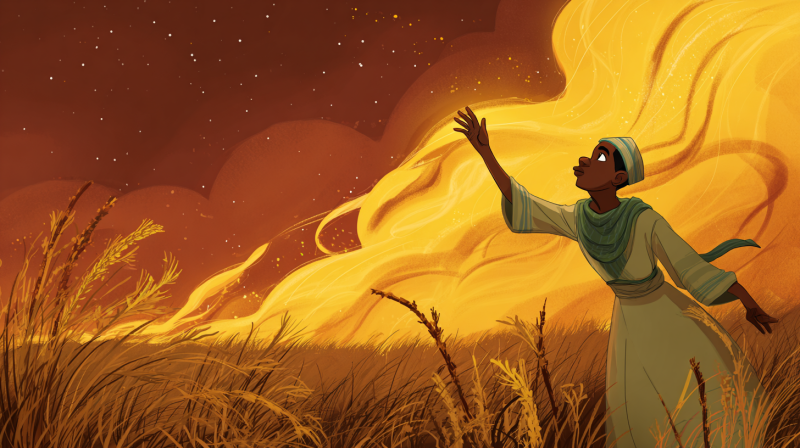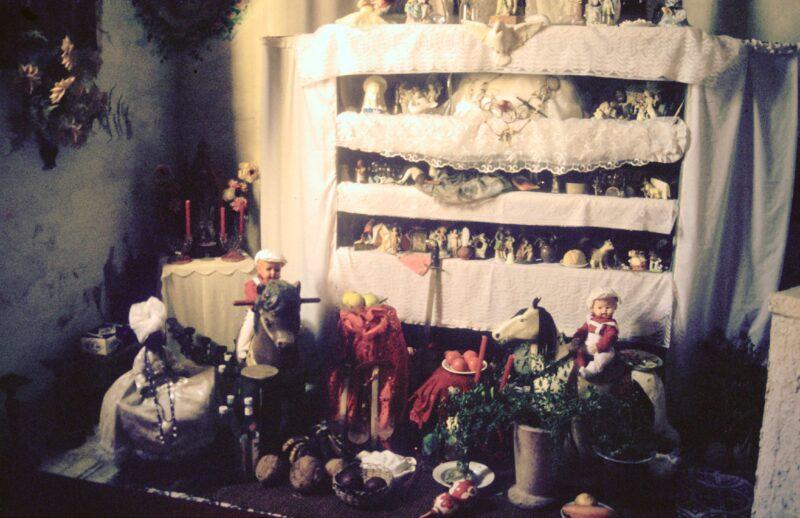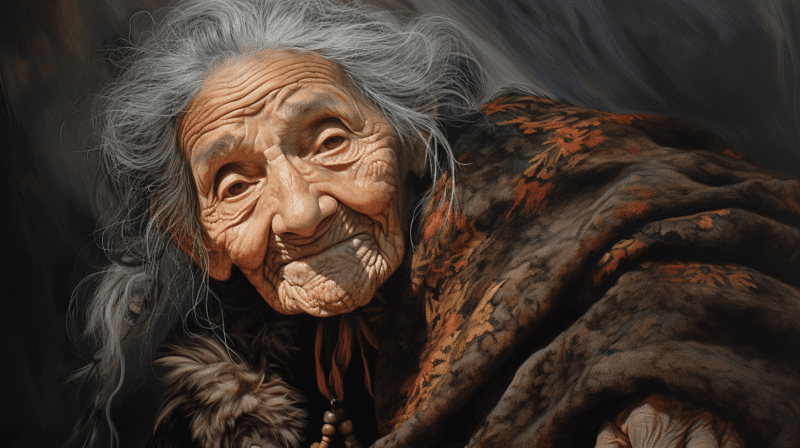Exploring An: The Mesopotamian God of Heaven
In the ancient pantheon of Mesopotamia, a rich and diverse collection of deities existed, each with its own unique sphere of influence and mythology. Among them, An, the Sumerian god of heaven, occupied a prominent position. In this article, we delve into the captivating world of An, exploring his origins, attributes, and significance within the ancient Mesopotamian civilization.
The Origins of An
An, also known as Anu in later Babylonian mythology, held a paramount role in the Sumerian pantheon. As the deity associated with the celestial realm, he was revered as the ruler of the heavens, supreme god, and father of the gods. An’s origins can be traced back to the earliest periods of Sumerian civilization, around the 3rd millennium BCE.
Attributes and Symbolism
An’s attributes and symbolism are closely associated with his heavenly dominion. Often depicted as a majestic and regal figure, he was portrayed wearing a horned crown, signifying his authority. An was believed to govern the skies, controlling the celestial bodies and weather phenomena. His position as the god of heaven also granted him control over the destinies of mortals, as he was seen as the ultimate dispenser of blessings and punishments.
The Mythology of An
Numerous myths and legends feature An, highlighting his interactions with other deities and mortals. One of the most notable stories involving An is the epic tale of Enuma Elish, the Babylonian creation myth. In this narrative, An plays a crucial role as the father of the gods, shaping the world and assigning each deity their respective domains.
An’s Role in Mesopotamian Society
An’s influence extended far beyond mythology. In ancient Mesopotamian society, he played a significant role in the religious and political spheres. Kings sought An’s favor, believing that their legitimacy and authority derived from his divine endorsement. An’s temples, such as the magnificent Eanna temple in Uruk, served as focal points of worship and places of political significance.
Legacy and Influence
The worship of An remained prevalent throughout Mesopotamian history, even as the pantheon evolved and other deities gained prominence. With the rise of Babylon, Anu, as he came to be known, continued to be revered as the supreme deity. His influence also extended beyond Mesopotamia, as the Babylonian civilization spread its reach across the ancient Near East.
An, the Sumerian god of heaven, stands as an iconic figure in Mesopotamian mythology and religious tradition. With his dominion over the celestial realm and his pivotal role in the creation of the world, An left an indelible mark on ancient Mesopotamian society. The worship of An reflects the importance placed on the divine order, the cosmos, and the powerful forces that govern human existence. Even today, the legacy of An continues to captivate and inspire those seeking to understand the rich tapestry of ancient mythologies.





